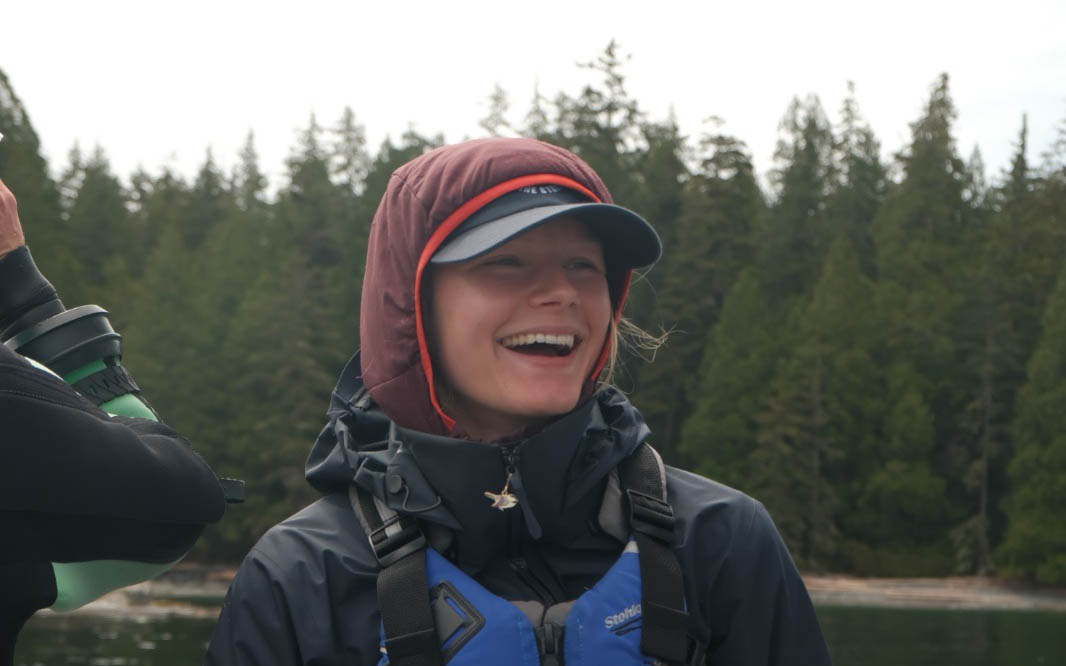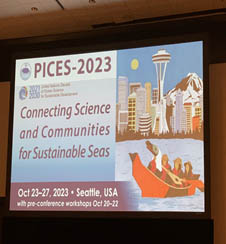 |
Associate ProfessorInstitute for the Oceans and Fisheries On leave: January, 2025-6 Research UnitPelagic Ecosystems Lab |
Contact Information
Email: b.hunt@oceans.ubc.ca
Website: Pelagic Ecosystems Lab
Twitter: @UBCpelagic
Research Interests
Dr Hunt is an ecosystem oceanographer who researches the structure and function of pelagic marine ecosystems and their response to climate forcing and anthropogenic impacts. His Pelagic Ecosystem Lab conducts their research through the lens of marine food web dynamics, applying biogeochemical (stable isotopes and fatty acids) and molecular approaches to resolve food web response to environment, food web linkages, energy transfer efficiencies, and the emergent nutritional health of biota.
Biography
Dr. Hunt grew up next to and in the oceans around Durban, South Africa. Fascinated with fish, he planned to become an Ichthyologist, however, an unexpected voyage to the Antarctic open his eyes to the world of ocean science. Brian went on to complete his PhD at the University of Tasmania, researching zooplankton biogeography in the Southern Ocean using the Continuous Plankton recorder. Following that, he moved to the University of British Columbia where he researches the connectivity between the component parts of marine ecosystems, mostly from the perspective of food webs. Brian’s research has and continues to be been wide ranging, spanning interests in the Antarctic, tropical South Pacific, New Zealand, Mediterranean and Arctic, though his primary focus is currently on British Columbia coastal ecosystems and the North Pacific. Here he connects ecosystem oceanography with his first love of fish, through research into how ocean health effects salmon. Brian is a strong believer in collaboration and has extensive partnerships with the Hakai Institute, Department of Fisheries and Oceans, Pacific Salmon Foundation, and many academic colleagues at UBC and beyond.
Dr. Hunt currently holds the Hakai Professorship in Oceanography, established through a generous donation of the Tula Foundation to the IOF.
Teaching
SCIE 113 – First-Year Seminar in Science
EOSC 270 – Marine Biodiversity
EOSC 473 / 573 – Methods in Oceanography
EOSC 575 – The Biology and Ecology of Marine Zooplanktonic Organisms
FISH 520 – Fisheries Oceanography
Selected Publications
Related stories:







UBC researchers investigate thiamine (vitamin B1) deficiency in BC Chinook salmon for the first time


